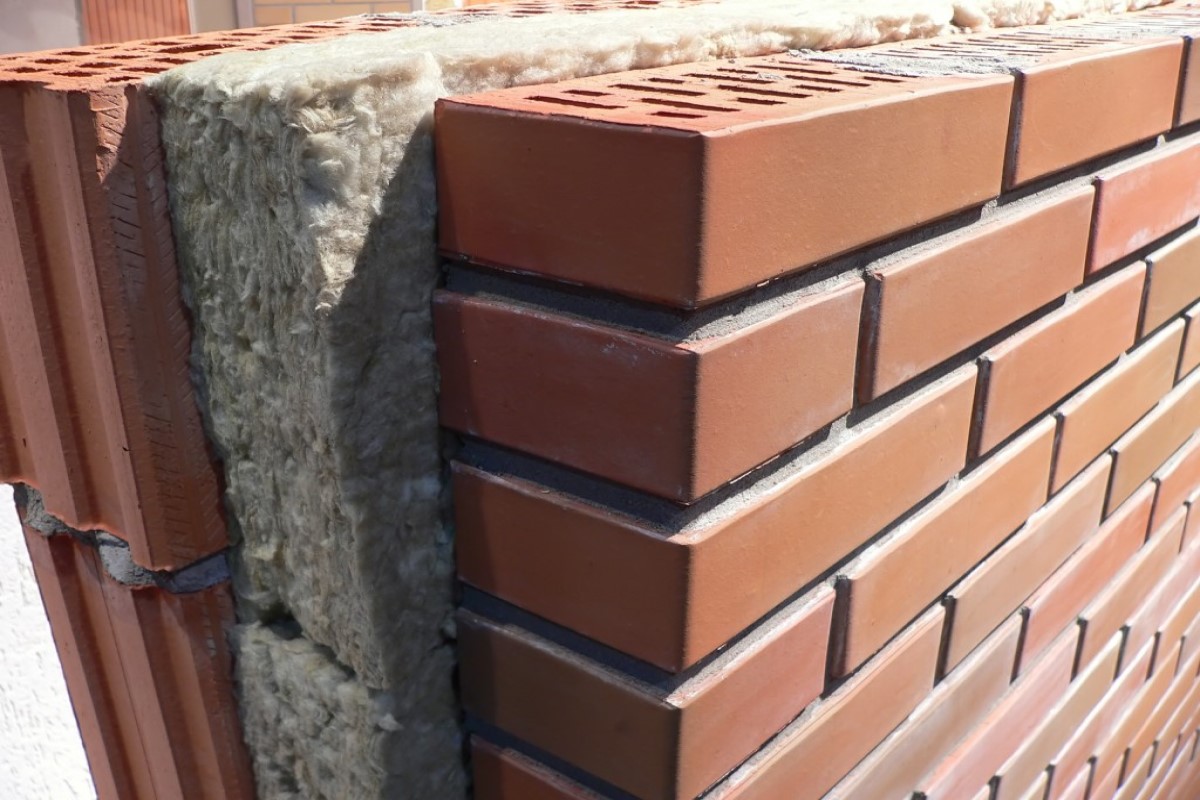While some may argue that government grants for home insulation sound too good to be true, my insulation grant experience has proven otherwise. I've navigated are insulation grants still available the application and installation process, and the impact on my energy bills has been substantial.
This journey has not only improved my home's efficiency but has offered insights into broader implications for homeowners looking to save money and reduce their carbon footprint.
In sharing my story, I hope to illuminate the tangible benefits and encourage a deeper look into how such programs can offer a win-win scenario for individuals and the environment alike.
Key Takeaways
- Home insulation grants significantly lower winter heating and summer cooling bills. Efficient insulation leads to decreased use of heating and cooling systems. Financial support encourages homeowners to invest in energy-efficient improvements. Enhanced insulation contributes to a notable reduction in overall carbon footprint.
Understanding the Grant Program
To grasp the essence of the government insulation grant program, it's important to first understand its aim: to reduce homeowners' energy bills by subsidizing home insulation costs. This initiative not only aids in cutting down our monthly expenses but also promotes a more sustainable way of living. For someone who values freedom, the idea of being less dependent on the grid and reducing our carbon footprint is incredibly appealing.
Delving deeper, the eligibility criteria for this program are designed to make sure that those who need it most can benefit. It's not just about owning a home; factors such as income, existing insulation, and energy usage play a significant role. This targeted approach makes sure the funding sources are allocated efficiently. It's empowering to know that if you meet these criteria, there's a tangible way to lessen your financial burden while contributing positively to the environment.
Understanding these aspects has made me appreciate the program's potential impact on my life. It's not just about the immediate savings on energy bills; it's also about embracing a lifestyle that values sustainability and independence.

Application and Installation Process
Starting on the application process for the government insulation grant, I've found replacing all necessary documents beforehand to make a smooth and efficient experience. Understanding the eligibility criteria was my first step. I diligently reviewed the requirements, ensuring my home and I met every stipulation. This was a vital task, but requiring attention to detail to avoid any potential hiccups down the road.
Next came the contractor selection, which I approached with equal parts excitement and caution. I sought recommendations, read reviews, and interviewed several candidates before making my choice. This was important for me to find someone not only with the right qualifications but also a clear understanding of the grant's installation standards and timelines.
The actual installation process was surprisingly quick. My chosen contractor managed all aspects seamlessly, from the initial assessment to the final inspection. They were knowledgeable, efficient, and respectful of my space, making the whole experience less intrusive than I'd anticipated.
Analyzing My Energy Savings
After the installation was complete, I enthusiastically analyzed my energy bills to gauge the impact of the insulation improvements. Initially, I wasn't sure what to expect, but the results were astonishing. The first thing I noticed was a significant drop in my heating bills during the winter months. Thanks to the new insulation, my home retained heat much more efficiently, leading to less usage of my heating system. This was a clear win, but I was curious about the warmer months too.
As summer rolled in, I observed a similar trend. My air conditioning didn't have to work overtime to keep my home cool, which was reflected in lower energy bills. This was a testament to how well the insulation worked to grants for insulation maintain a stable indoor temperature, despite the seasonal variations.
I started to track maintenance costs. Previously, I'd have to spend money on fixing drafts or issues caused by poor insulation. However, post-installation, these costs have been virtually eliminated. It's clear that the government insulation grant not only helped me save on my energy bills but also reduced my overall maintenance expenses. The freedom to allocate my budget more efficiently has been a game-changer.
Broader Implications for Homeowners
The impact of the government insulation grant extends beyond individual savings, offering substantial benefits for homeowners across the board. It's not just about cutting down my energy bills; it's about understanding the broader implications this initiative has on market trends and environmental benefits.
With the grant, there's a noticeable shift in market trends. Homeowners are now more inclined to invest in energy-efficient upgrades, knowing there's financial support available. This demand encourages innovation and competitiveness among suppliers, leading to better products and services at more affordable prices. It's a win-win situation where we're not only saving money but also getting access to the latest energy-saving technologies.

Additionally, the environmental benefits can't be overlooked. By improving our homes' insulation, we're significantly reducing our carbon footprint. It's a step towards a more sustainable future, where each homeowner's choice contributes to the bigger picture of combating climate change.
Conclusion
After going through the application and installation process of the government insulation grant, I've seen a noticeable decrease in my energy bills. It's clear that this program not only benefits individual homeowners by making their homes more energy-efficient but also has broader implications for energy conservation and environmental protection.
I highly recommend other homeowners to contemplate this opportunity. It's a win-win situation that helps save money while contributing to a more sustainable future.